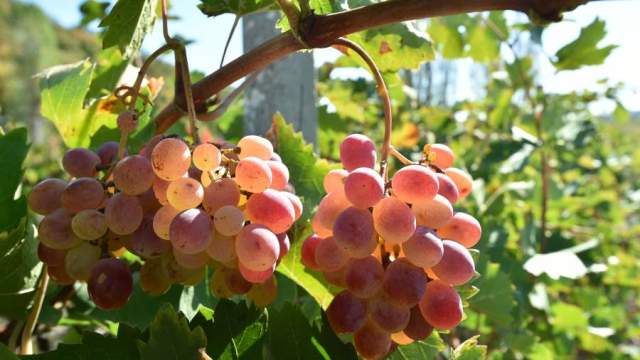Roscosmos plans to grow improved varieties of food plants in orbit. This was announced on November 29 by the general director of the state corporation Dmitry Rogozin.
He noted that the improved varieties will be created "not for astronauts, but for earthlings" in order to "make plants more resistant to various kinds of insects, infections, and so on."
"To create some new plants that are somehow eaten by mankind: [grape] vine, wheat, rye, barley, which, being grown in orbit, will be returned to Earth," Rogozin said.
Negotiations on conducting the experiment, according to him, are underway not only with the Russian Academy of Sciences, but also with private laboratories. He also added that the work may be carried out using a 3D bioprinter.
On November 11, it was reported that an experiment on wireless transmission of electricity in space using a laser beam on the Russian segment of the International Space Station (ISS) was included in the research program.
It is noted that the technology of wireless energy transmission can be used to power constellations of microsatellites orbiting the ISS and other spacecraft, as well as to transfer energy to hard-to-reach areas of the Earth from space solar power plants.
In October, it became known that scientists conducted an experiment during the flight of a movie crew into space. Together with actress Yulia Peresild and director Klim Shipenko, fruit flies were sent into space. They stayed on the ISS for the same number of days as the film crew, and on October 17 they were returned to earth. Scientists are studying how the flies survived the flight.

